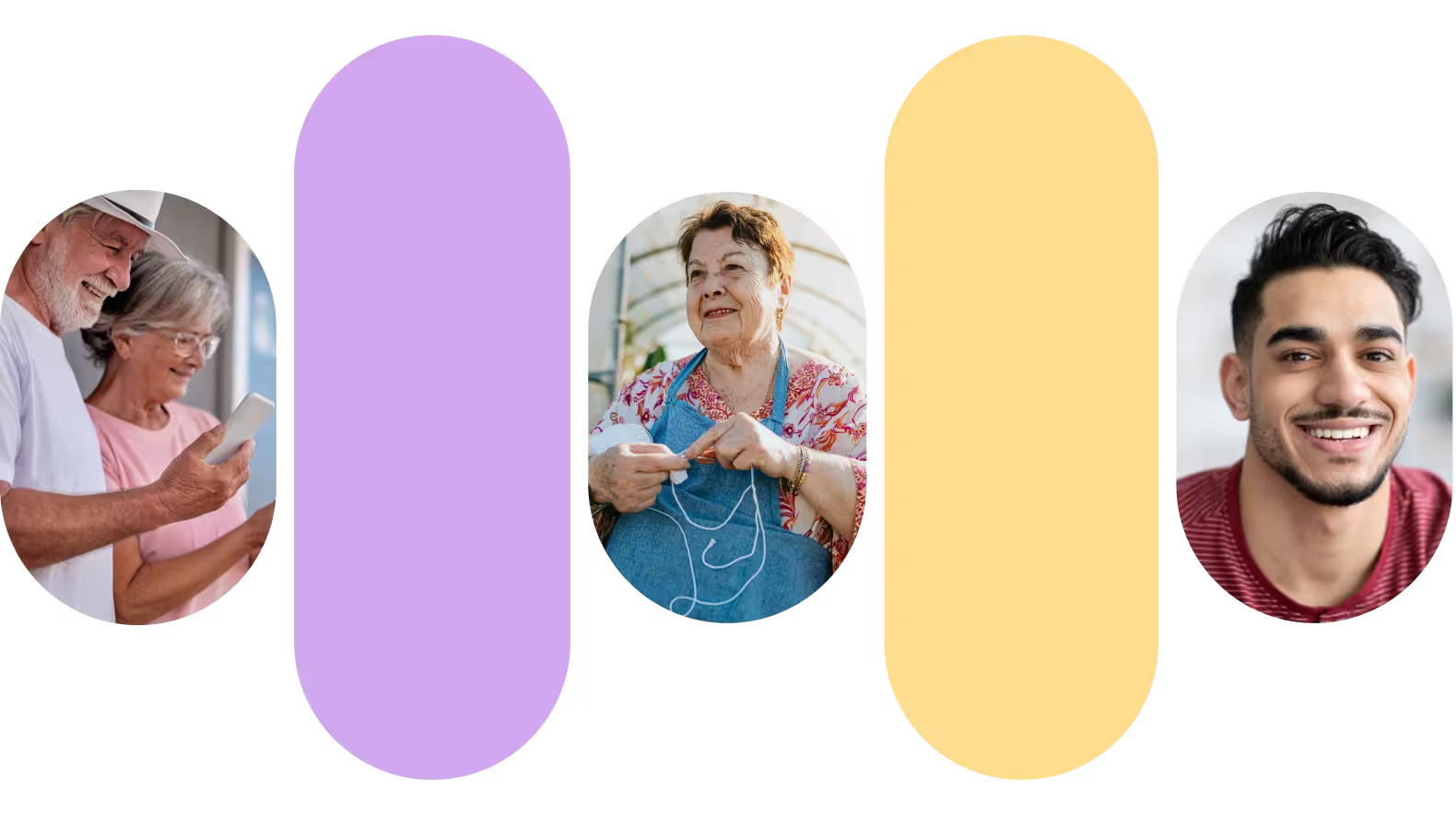Celebrating the International Week of Deaf People
Every year, in the last week of September, we celebrate Deaf people worldwide. Read on to learn about this important event!

Origins
Since 1958, when the World Federation of the Deaf (WFD) founded this event in Rome, Italy, the Deaf community has celebrated and promoted human rights for Deaf people across the globe during the last week of September.
The International Week of Deaf People celebrates the international Deaf community and culture, while also highlighting the challenges of the deaf and hard of hearing individuals worldwide.
Objectives
The International Week of Deaf People (IWDeaf) has three primary goals:
- Advocate for the human rights of the deaf
- Increase awareness and recognition of sign languages
- Addressing language deprivation in deaf children
This Year’s Theme
The theme for this year is “Sign Up for Sign Language Rights.” Over 60% of countries worldwide do not recognize sign language as a legitimate language or means of communication. The WFD has created an advocacy toolkit, available in multiple spoken languages, to help promote and achieve this goal in different countries. Communication is a human right for any person, whether spoken or sign language. With over 300 forms of sign language worldwide, achieving official recognition is an essential first step.
Global Challenges
Deaf and hard of hearing people face numerous challenges that impact education, language access, human rights, and accommodation. Below, we explain these challenges in more detail.
Education
Many deaf children and adults lack access to educational systems that meet their needs. Especially during the COVID-19 pandemic, a significant number of deaf children stopped attending school and did not return. In addition, many school materials were inaccessible to the deaf and taught using spoken language instead of signed language.
According to the World Federation of the Deaf, bilingual education is rare globally, with only 1-2% of deaf children receiving education in their country’s sign language.
Language Access
The lack of accessible education has a domino effect of limited or no access to language, whether at school or home. Language is the foundation of human life. It allows us to communicate, develop relationships, obtain knowledge, and obtain employment. A lack of language access has detrimental effects on Deaf individuals, including mental health struggles, unemployment, and social isolation.
Human Rights

Many deaf people globally lack legislative protections that guarantee their rights to access education, qualified interpreters, captioned media, and equal employment opportunities. Additionally, many are denied basic rights, such as the ability to drive. Currently, 26 countries, including parts of Africa, South America, Mexico, and Egypt, do not give the deaf the right to drive. The UN Convention on the Rights of Persons with Disabilities is leading efforts to change this.
Other human rights violations faced by Deaf people include denial of the right to marry, vote, inherit property, or even have children. In some countries, Deaf individuals have been sterilized or placed in institutional homes. They are also often excluded from leadership positions or equal employment opportunities.
Accommodation Access
Lack of language access is one hindrance, but many deaf people worldwide do not have access to sign language interpreters for education, healthcare, or other purposes. In addition, many countries do not have a formal process for establishing quality interpreters for the deaf, such as training programs or certification, making information inaccessible.
How to be Involved
Social Media Campain
If you are a leader in your community or country, one way to celebrate is to sign the year’s theme, “Sign Up for Sign Language Rights,” in your country’s sign language and post it on social media with the hashtag #IDSL. Share other social media campaigns from the WFD about International Week of Deaf People.
Start Conversations
Highlight the need for increased human rights for the deaf in your country. Create awareness of inaccessible systems or barriers to sign language access in your community. With increased awareness of global issues for the deaf, more changes can be made to your country’s laws, allowing access to education, language, driving, healthcare, and many other areas.
Promote Sign Language
Learn your country’s sign language and promote it for its official recognition. Encourage your local community to learn and use sign language and for it to be taught to deaf children. Use sign language in your community to make your area more accessible for the deaf and hard of hearing.
Summary
While we celebrate the resilience of deaf people worldwide, the goal is to create a better life for all deaf and hard of hearing. From advocating for sign language recognition, improved human rights, and increased language access for deaf children, we can strive for more equality and inclusion. Start conversations, share information on social media, and learn your country’s sign language – small steps toward a brighter future for the Deaf community.














